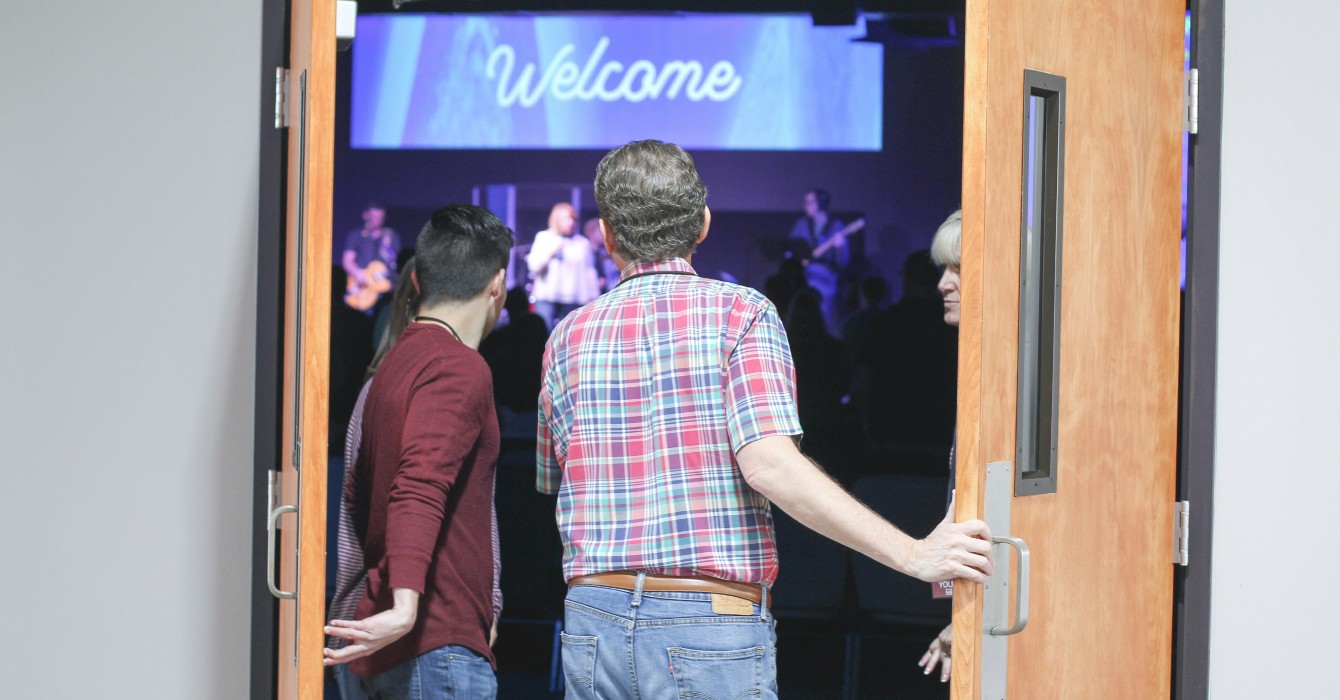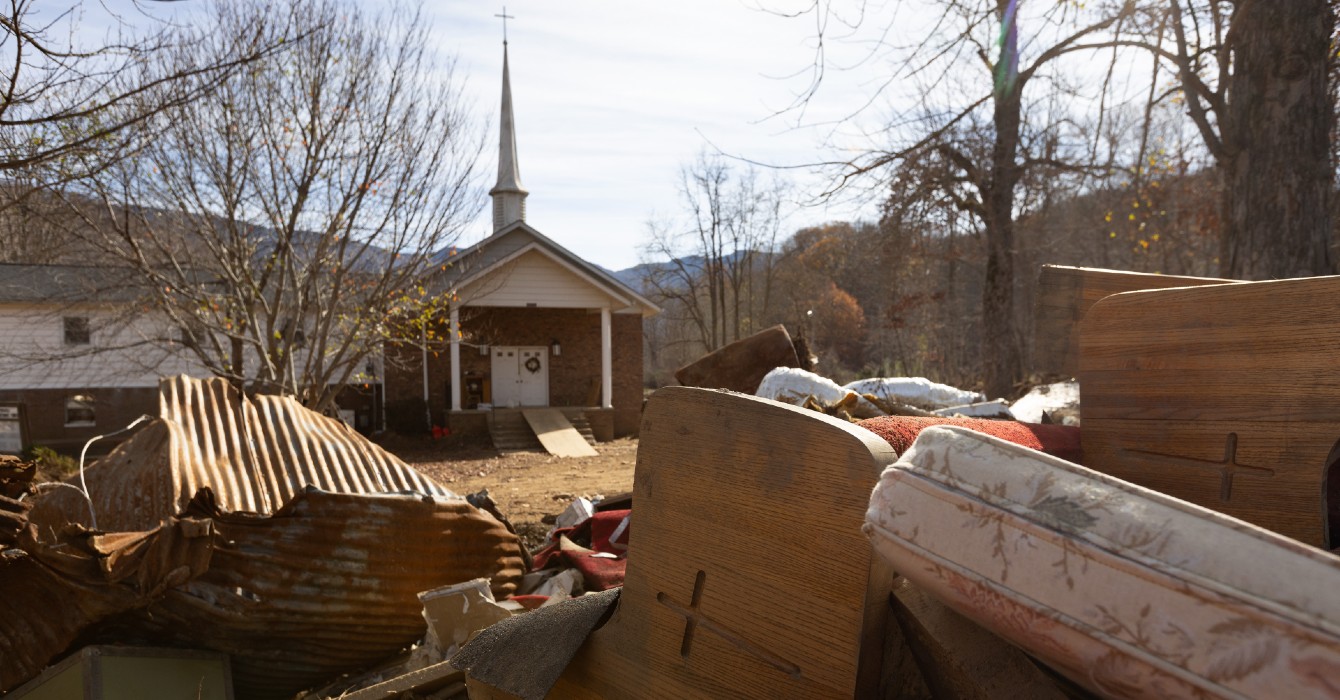This summer I attended my wife’s family reunion in Salina, Kansas. As our car wound its way across the prairie landscape, I took in the natural beauty of the Sunflower state. Along with the tall grass and blue skies, Kansas is rich in cultural resources.
In “Our Boys: A Perfect Season on the Plains with the Smith Center Redmen,” sportswriter Joe Drape paints a portrait of small town America. Focusing on a high school football team in Smith Center, Kansas, he uses their triumphs to explore heartland virtues. According to Coach Roger Barta, “What we do around here real well is raise kids.”
If my wife’s family is any guide, what they do around there real well is raise preachers.
My father-in-law Owen Carper grew up 15 miles down the road in Lebanon, the geographical center of the lower 48 states. Remarkably, three out of his seven siblings entered full-time ministry, each in a different corner of American Protestantism.
A veteran of World War II, Uncle Delbert attended Columbia Bible College on the G.I. Bill. Then he served as a missionary in the Belgian Congo, where he was known as “quiet, unassuming but resourceful, deep-thinking Del.” In 1964 he was held hostage during the Simba rebellion. Rescued by American and Belgian forces, he had survived a massacre by playing dead. After escaping from the northeast Congo, Del spent the rest of his career in France, where he developed a taste for poulet a la crème.
Following a very different trajectory, Uncle Don began his ministry in his childhood denomination. After school at Kansas Wesleyan College (alma mater of theologian Rebecca Chopp), he entered the Evangelical United Brethren Seminary in Ohio, now known as United Theological Seminary. Preaching in rural congregations in north central Kansas, he rushed from church to church on Sunday mornings. Later in life, he served on the staff of the Kansas West United Methodist Conference.
Like her brothers, Aunt Mary pursued a career in ministry. A graduate of Manhattan Christian College (an independent Christian school next to Kansas State), she worked alongside her spouse in rural churches. Sometimes she preached. One of their first assignments was in Reserve, a tiny town in northeast Kansas.
The tradition of ministry continues in the younger generations. A graduate of the Lutheran School of Theology in Chicago, Cousin Sarah Friesen-Carper is the pastor of Peace Lutheran Church in Charlotte, Michigan. Her brother Paul is currently the intern pastor at another Michigan congregation. Meanwhile, Cousin Joshua Lollar is pursuing a theology degree at Notre Dame. A Deacon in the Orthodox Church in America, he is an alumnus of Saint Vladimir’s Orthodox Theological Seminary.
What accounts for this family tradition? According to Uncle Don, his mother was the spiritual head of the family. Presiding over family devotions, she made the children kneel in a circle. At the family reunion, one of the young boys performed a spirited version of “I’m in the Lord’s Army.” Though he didn’t know it, he was echoing his forebears.
Even today Smith County, Kansas boasts a high level of religious affiliation. According to the Glenmary data, 86 percent of county residents are affiliated with a Christian denomination.
Rural Kansans also value education, as Robert Wuthnow documents in his new “Remaking the Heartland.” Even in 1950, Nebraska, Iowa, Kansas and Minnesota led the nation in high school graduation rates.
Raised just twenty miles to the north, novelist Willa Cather once observed that “the rich soil yields heavy harvests.” Over the past half-century, this single Kansas county has yielded a heavy harvest of Christian leaders.
John Schmalzbauer teaches sociology of religion at Missouri State University in Springfield, Missouri.



















